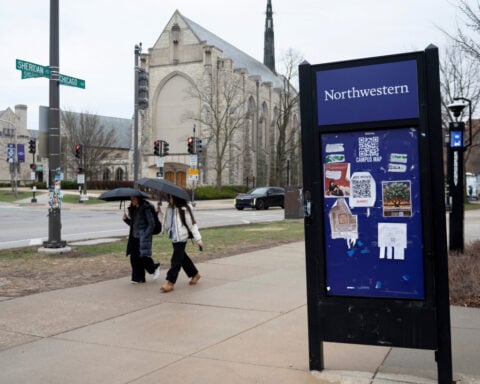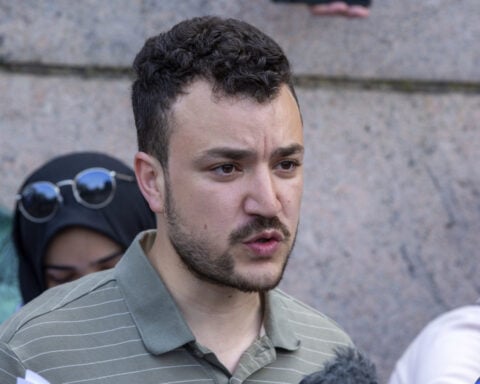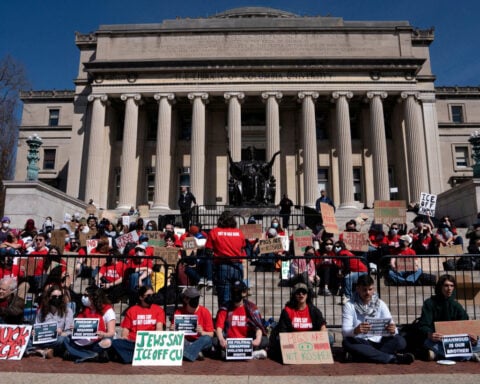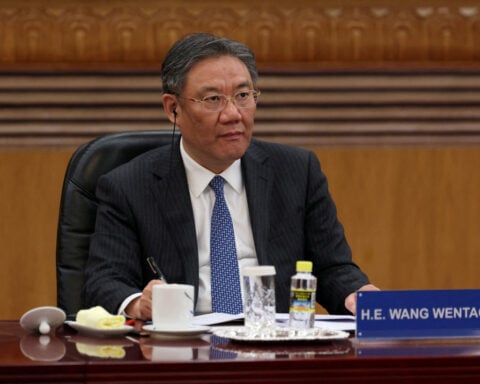Uncommon Courses is an occasional series from The Conversation U.S. highlighting unconventional approaches to teaching.
Title of course:
Engineering Systems for the Common Good
What prompted the idea for the course?
As a control systems researcher, I have long felt that control systems – and systems science in general – have much to contribute to solving social problems.
Control systems make other systems behave in some desired manner. Think of the cruise control in a car, which keeps its speed constant, or the thermostat in a house that regulates temperature.
I wanted to know whether engineers could treat society and social phenomena as systems in the engineering sense. That way, students and researchers could mathematically model and even simulate these phenomena using computers.
Control systems engineering offers a set of powerful analysis and design tools. I wanted to know whether my students and I could apply these methods to things such as policymaking to help address societal problems.
What does the course explore?
In this course, students learn fundamental systems theory concepts, such as block diagrams, feedback loops and discrete-time dynamics. They apply these concepts to mathematically model and analyze social systems.
In the class, I talk with the students about human rights. We think about how this powerful idea applies to social systems. This systems framework helps us approach social justice issues in a methodical, mathematical manner.
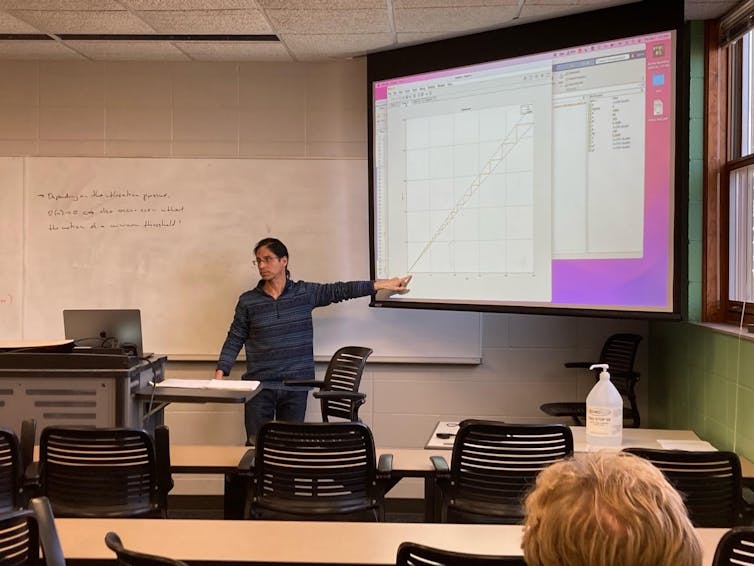
In Raúl Ordóñez’s class at the University of Dayton, students take engineering concepts and apply them to societal issues.
Shawn Robinson/University of Dayton
Students use simulation software to model systems such as disease epidemics, the viral spread of ideas, the tragedy of the commons and homelessness, among others.
Importantly, they learn that some social phenomena can be methodically studied and engineered, in a quantifiable manner. For example, they can use numbers and data to experiment and evaluate how introducing vaccines affects disease spread.
By the end of the course, students gain a deeper understanding of the connection between engineering principles and tools and human rights and society.
Why is this course relevant now?
This course helps bridge the gap between engineering and social sciences by bringing concepts from human rights and social justice to engineering students. It teaches them how the powerful engineering tools they learn throughout the engineering curriculum can directly serve the common good.
What’s a critical lesson from the course?
The course is a concrete step toward teaching engineering and science students that engineering has more to offer to society than its direct applications. Students learn that a partnership between the humanities and engineering is not only possible but strongly desirable for the advancement of the common good.
What materials does the course feature?
There is no one textbook that deals with all the topics in this course, although the book “Humanitarian Engineering: Advancing Technology for Sustainable Development,” third edition, by Kevin M. Passino, is a very useful resource. I have mostly developed my own materials, including my set of lecture notes, projects and numerical simulation code.
Many engineers use tools in engineering to help people and communities.
What will the course prepare students to do?
The course aims to prepare students to apply common engineering tools such as differential equations, signals and systems, systems analysis, mathematical models and numerical simulation to the analysis of social problems, with an emphasis on human rights implications.
It also introduces social modeling as a powerful method for understanding social issues and assessing how various policies affect human rights.
My goal is to produce engineering students who can meaningfully contribute to policymaking by using engineering tools to assess the consequences of social and economic policies.

Dr. Kevin M. Passino was my doctoral research adviser at the Ohio State University, where I did my PhD.
Source: The Conversation

 Trump has begun another trade war. Here's a timeline of how we got here
Trump has begun another trade war. Here's a timeline of how we got here
 Canada's leader laments lost friendship with US in town that sheltered stranded Americans after 9/11
Canada's leader laments lost friendship with US in town that sheltered stranded Americans after 9/11
 Chinese EV giant BYD's fourth-quarter profit leaps 73%
Chinese EV giant BYD's fourth-quarter profit leaps 73%
 You're an American in another land? Prepare to talk about the why and how of Trump 2.0
You're an American in another land? Prepare to talk about the why and how of Trump 2.0
 Chalk talk: Star power, top teams and No. 5 seeds headline the women's March Madness Sweet 16
Chalk talk: Star power, top teams and No. 5 seeds headline the women's March Madness Sweet 16
 Purdue returns to Sweet 16 with 76-62 win over McNeese in March Madness
Purdue returns to Sweet 16 with 76-62 win over McNeese in March Madness


